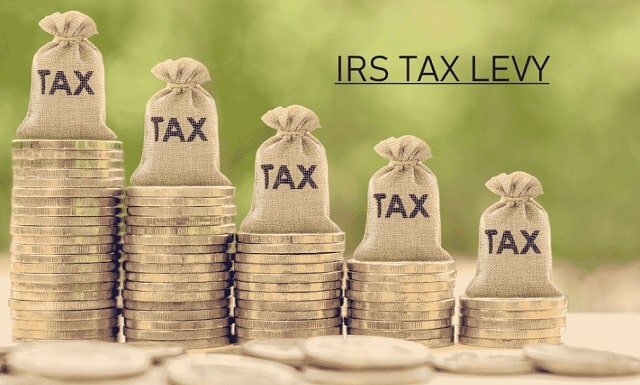
Many people believe that they currently owe back taxes to the IRS. Therefore their assets and hard-earned property are safe. Unfortunately, it is not the case because the federal and state governments have full authority to seize your property, wages, or savings to pay the debt for you at any time. Fortunately, there is a way to encounter this by getting an official notice of levy. The majority of people need help understanding what this document means.
However, knowing about this document and how to respond to it is essential to avoid further penalties. It shows that you have an unpaid tax debt with the IRS. The IRS will start seizing this debt if you cannot pay it. Seeking the help of a tax debt relief firm may be the best first step you can do.
What Is Notice Of Levy?
A levy is a process to seize your property and assets to repay your unpaid taxes. You are worried about the ways to avoid life-altering losses due to back taxes. Luckily, some things help you to get back on track with the IRS while avoiding this last chance. However, before starting the levy, IRS sends you a notice known as a notice of levy. In simple words, it is the way the IRS informs you that it will issue a levy if you don't take any action to pay your tax bill on time. Typically, the IRS sends this notice via email. After you get this IRS notice, you will have 30 days to repay your tax debt or make agreements to settle your debt. If you still do not make such agreements, the IRS can start the seizing process to repay your debt.
When You Get a Notice of Levy
The Internal Revenue Service (IRS) will not send a levy simply because you owe taxes. However, they allow you to pay your debt or arrange a management plan. Generally, IRS will send notice of levy after the following things occur:
● The IRS assesses your tax, and you receive a bill from them.
● You are unable to pay that tax bill or refuse to pay.
● Get a notice that the IRS may contact third parties to gather your tax debt.
● After that, you would get a levy at least 30 days following the final notice of intent to levy.
Ways To Prevent A Tax Levy
It is more complex than it sounds. The IRS manages the debts you owe. They will offer several opportunities to pay them off. If you don't take immediate action to their notice of levy, they have full authority to take further actions against you. However, a tax levy fee is the exact amount the IRS intends to seize. Simply put, your total unpaid amount in taxes will equal your tax levy fee.
What Can IRS Levy Issue Against?
A tax levy is a legal authority by the IRS to seize property to cover your massive tax bill. However, they didn't need permission to start seizing property, money, assets, paychecks, etc. There are some things the IRS can levy after they deliver notice of levy. Here is a list of what the government can legally take from you.
State Tax Levy
It is an option for the state to seize your things if you owe taxes forcibly. However, methods and statutes are different, but your state can seize your bank accounts and garnish your wages if you don't pay your taxes.
Tax Levy On Property
It is a legal way to seize your property and pay the tax debt you owe. Delinquent taxpayers get notice of levy before further action. The IRS garnishes your wages after the levy is in place. Additionally, the agency can seize and sell your overall personal property.
Conclusion
Everyone wants to avoid the IRS levying assets at any cost. So, it is important to consult a tax professional. However, professionals from CuraDebt tax relief will assess your situation, help you make an action plan, and guide you about what sort of aid you are eligible for.
